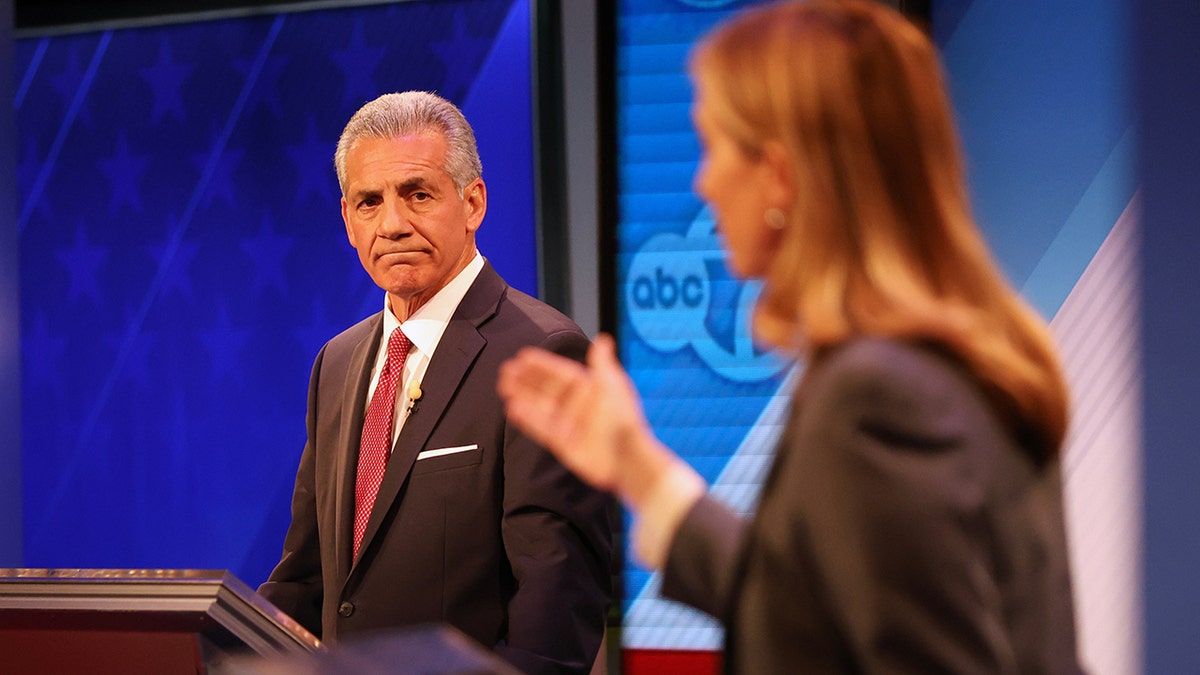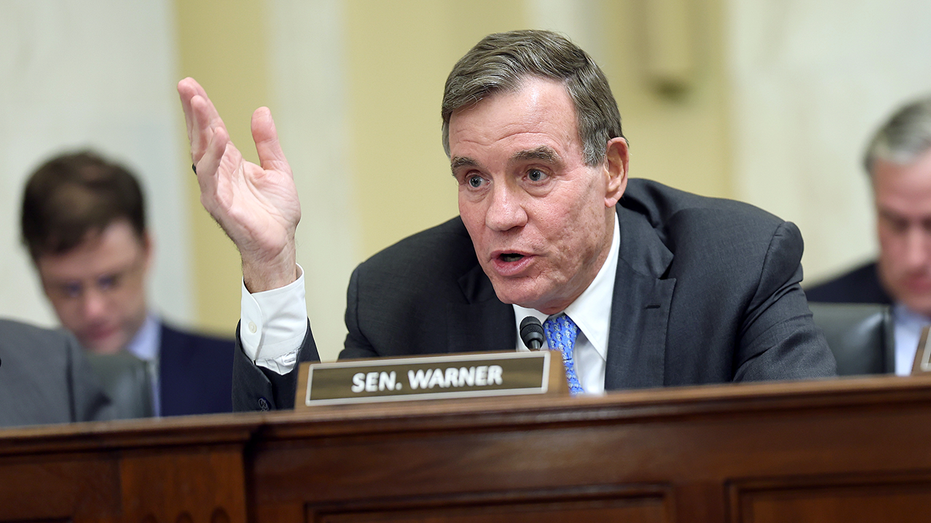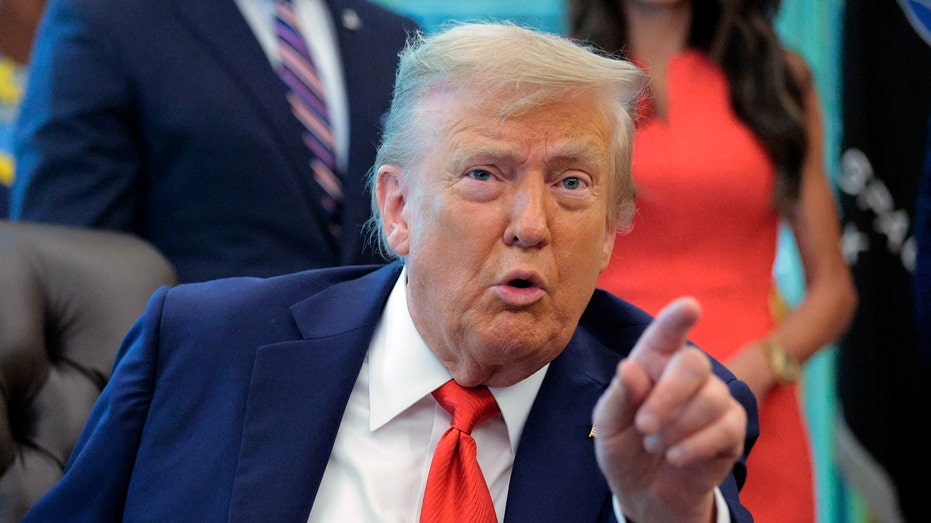A shadow hangs over the New Jersey gubernatorial race, even though Donald Trump’s name isn’t on the ballot. Voters aren’t simply choosing between candidates; they’re delivering a potent message about the former president – and it’s overwhelmingly negative. Eleven percentage points more New Jerseyans view Trump unfavorably than favorably, a sentiment powerfully shaping the contest.
Democrat Mikie Sherrill currently holds a 7-point lead over Republican Jack Ciattarelli, according to recent polling. But the numbers reveal a deeper dynamic: more than twice as many voters are motivated by *opposition* to Trump than by support for either candidate. This isn’t a typical election; it’s a referendum on a figure who continues to dominate the political landscape.
The key to victory, experts say, lies in turnout. While Sherrill appears to have a solid base, the enthusiasm gap is critical. Republicans express significantly higher levels of voting enthusiasm, with 52% feeling “extremely” motivated compared to 40% of Democrats. If Ciattarelli can mobilize the MAGA base, the race could tighten dramatically.
That enthusiasm translates to certainty. A remarkable 93% of Ciattarelli’s supporters are firmly committed to his candidacy, compared to 91% for Sherrill. However, a small but potentially decisive 8% of voters remain open to changing their minds before election day. Every vote is under scrutiny.
Demographic divides are stark. A 17-point gender gap sees Sherrill dominating among women, while Ciattarelli edges ahead with men. He also finds strong support among white voters and men without a college degree, fueled by nearly unanimous backing from self-identified MAGA supporters.
Sherrill, conversely, draws overwhelming support from non-white voters, those under 45, and individuals with a college degree. The loyalty within each party is high – 97% of Democrats back Sherrill, and 92% of Republicans support Ciattarelli – but a small percentage of cross-party support exists, leaning heavily in Sherrill’s favor.
Beyond policy, perceptions of character matter. Voters view Sherrill as more honest and trustworthy than Ciattarelli, a crucial advantage in a climate of political skepticism. She holds a 13-point positive rating on honesty, while Ciattarelli is in negative territory by 6 points.
On specific issues, the candidates offer contrasting strengths. Ciattarelli is trusted slightly more on crime, but Sherrill consistently leads on concerns like the cost of living, taxes, energy costs, and healthcare – issues resonating deeply with New Jersey families.
This election is a pivotal moment, as the current governor is term-limited. While voters hold mixed feelings about the outgoing governor, their views on Trump are far more pronounced. A significant 63% of those with a strongly favorable view of Trump are highly enthusiastic about voting, compared to only 39% of those who strongly disapprove.
Ultimately, the data reveals a compelling truth: for many New Jersey voters, this election isn’t about who will be governor, but about sending a clear signal regarding their feelings about a former president. As one analyst noted, Sherrill is poised to benefit from voters prioritizing opposition to Trump over enthusiastic support for her candidacy.
New Jersey often serves as a bellwether, offering clues about the national political mood. While the predictive power of any single election is debatable, one thing is certain: the echoes of the Trump era continue to reverberate, shaping the choices of voters and the future of the Garden State.






